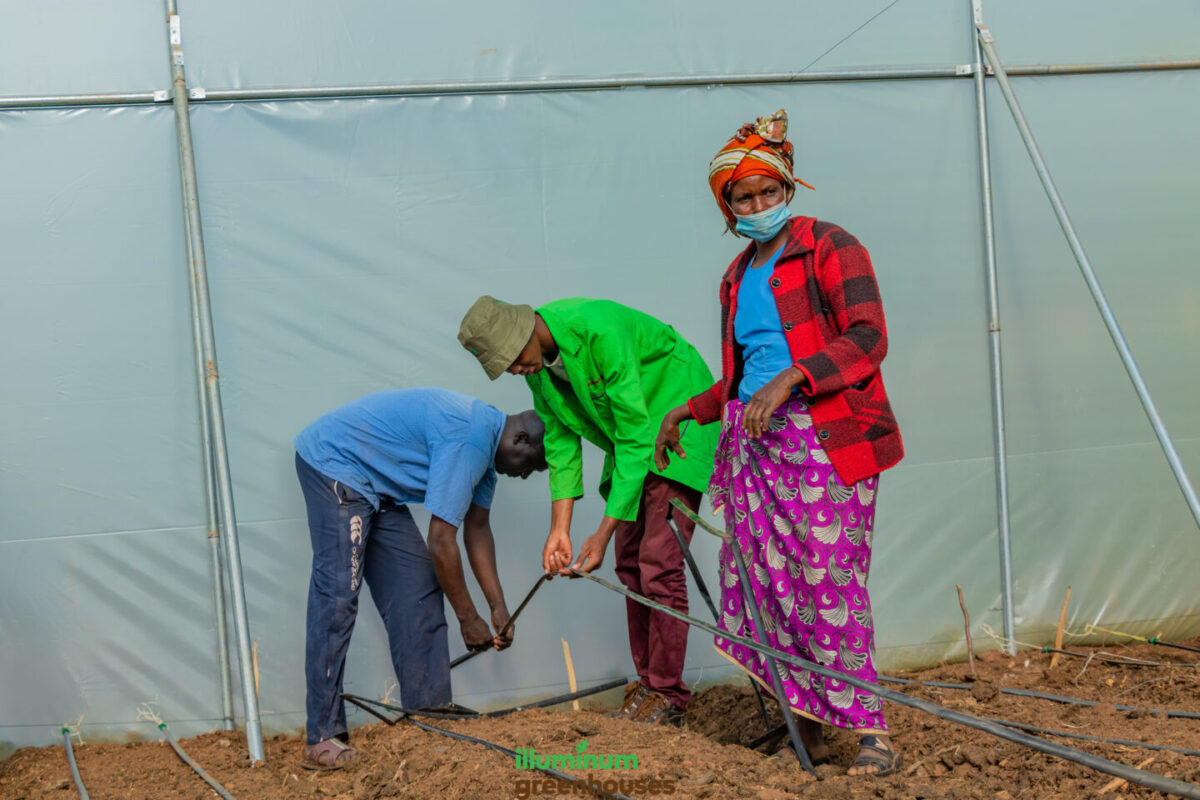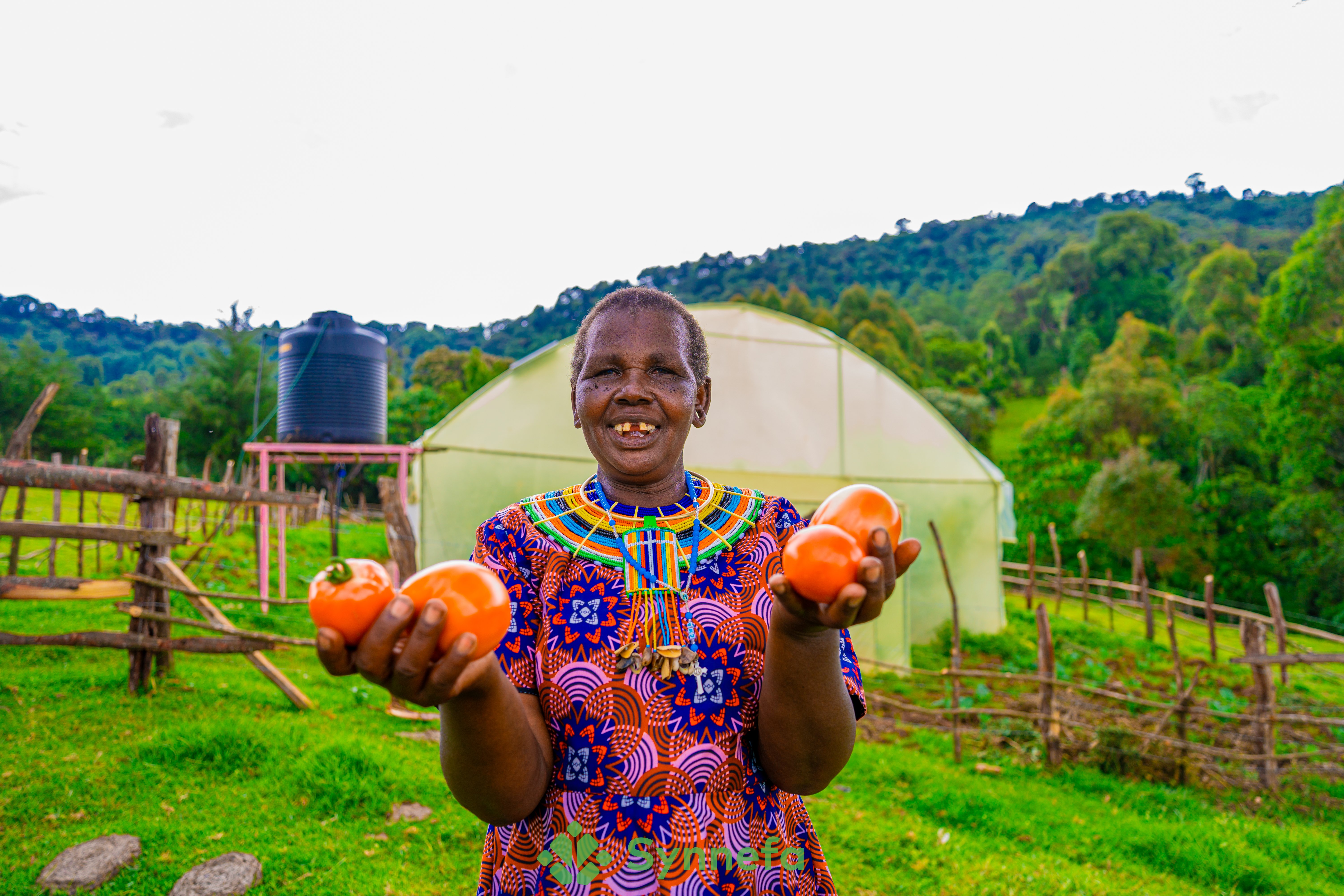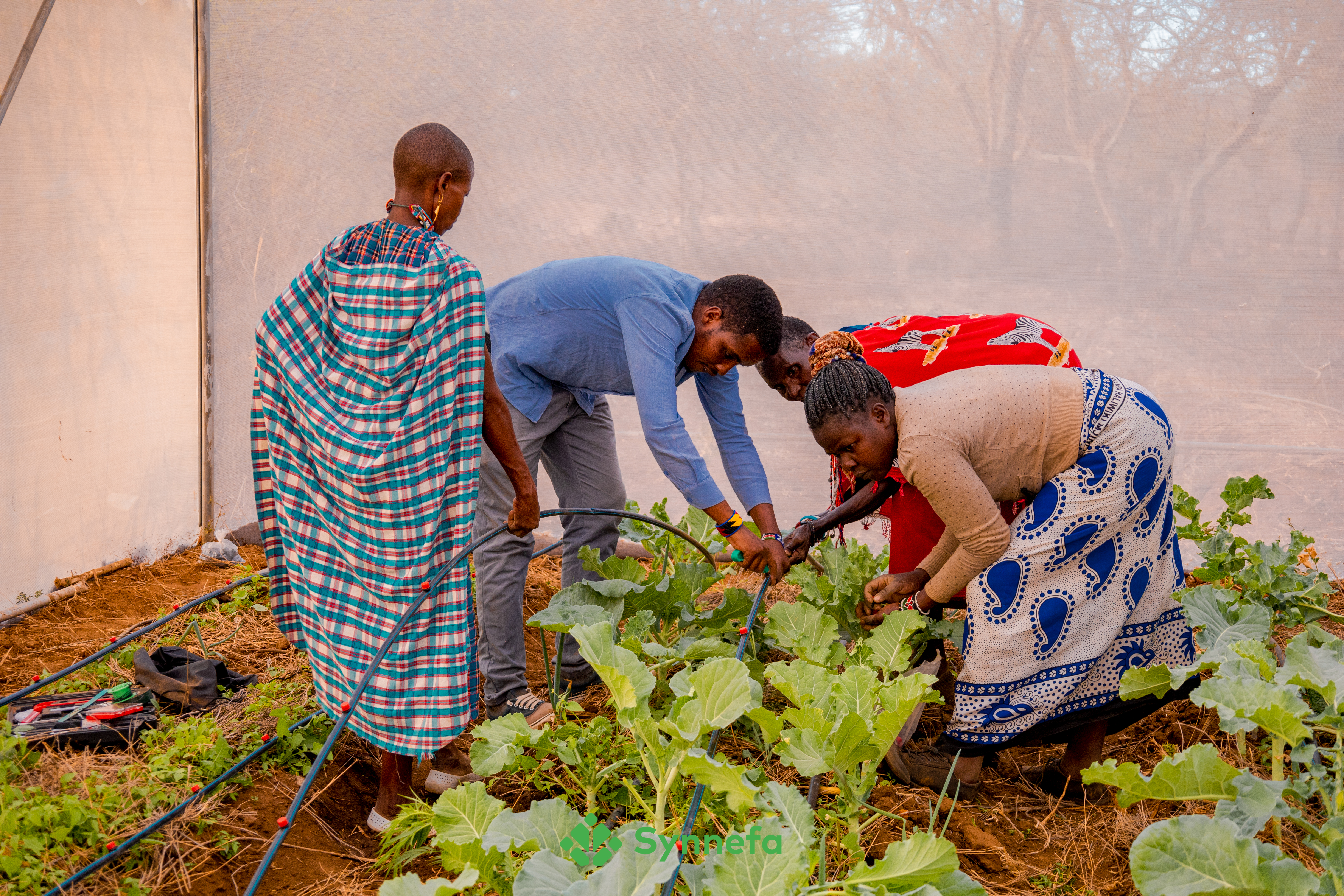Facts, Value and Why Greenhouse Farming

In this article, we’ll seek to answer 6 questions from our Twitter Chat, #ChatAboutFarming, with FarmHut Africa on the facts, value and why greenhouse farming is a great choice.
1. What types of crops to grow in greenhouses?
- Tomatoes
- Capsicums (both coloured and green capsicum). Click to read more about capsicum farming.
- Cucumbers
- Herbs (basil, chives)
- Cut flowers (mostly done by large scale farms)
- Leafy vegetables ( cowpeas, sukuma wiki, spinach)
2. What are some of the advantages of greenhouse farming?
- There is faster plant growth since the environment is favourable to the crop.
- Protection from pests and other conditions that may affect the crop like harsh climate (hailstorms, excessive heat or cold) that may encourage diseases to thrive.(this environment will also help you protect your crops from the outside weather, pests and disease).
- High production per unit area.
- Longer harvesting period due to the favourable environment provided to the crop (majorly applies to indeterminate varieties).
- Allows the farmer to grow anytime thus he/she can time for the high season/market.
- All year round production can be achieved since one does not depend on the prevailing weather conditions to farm.
- One can grow a wide variety of crops even in off seasons. -More efficient use of production resources
- Use of fertilizers via fertigation, minimizing production cost.
3. Does greenhouse farming lower labour requirements? How?
- A greenhouse requires less labour since the production process is controlled. On average, a 8m by 15m greenhouse will require 1 worker to carry out operations in the greenhouse. The operations include; weeding, spraying of agrochemicals, training and trellising of crops, fertilization and desuckering.
- One task can be accomplished in a day, on time.
- The fact that the farmer is using a controlled environment will limit the problems like pests and diseases. Hence, the farmer will obviously need less labour for spraying pesticides and fungicides.
4. How does greenhouse farming help the youth in the farming industry?
- Source of employment, it is a formal employment since one can employ various workers as he or she manages it and sources the market for the produce.
- At the agricultural input supply level, youths can engage by supplying inputs in respect of agricultural practices of choice.
- This is a field where research and experiment can come into play.
- Improved designs and efficiency too especially with the use of digital tools in green houses. There are a lot of opportunities which extend beyond just farming for youth to exploit
5. How does greenhouse farming ensure there is constant food supply and balanced nutrition among the population?
- Food is as a result of agricultural activities and in turn it is an input in good nutrition.
- New agricultural technologies like greenhouse farming can increase diversity and nutritional value of production.
- The production closed with the ability to control the weather (temperature and humidity) inside allows the cultivation of crops, as far as weather is concerned, in times whose climate is detrimental to the development of the crop, regardless of the season thus ensuring constant food supply even in off season.
- -With greenhouse farming, you can prevent rodents from feasting on your crops. In a greenhouse, you can always control what comes in and what goes out thereby increasing food productivity.
6. What’s the impact of greenhouse farming to the environment?
- -The growing of crops in a closed environment with favorable climatic conditions for growing can reduce the further development of pests and diseases. The effect of pesticides is higher, since there are no losses derived from applications, allowing the use of lower doses of plant protection products in applications. This in turn lowers the usage of pesticides which is beneficial for other pests e.g bees.
- -Less water usage- water use efficiency is high in greenhouses.
- Greenhouse farming mainly make use of organic fertilizer which is good for the soils as it return more nutrients to the soils as compared to the use of chemical fertilizer which results in soil degradation.
- Controlled environment produces organic food.


